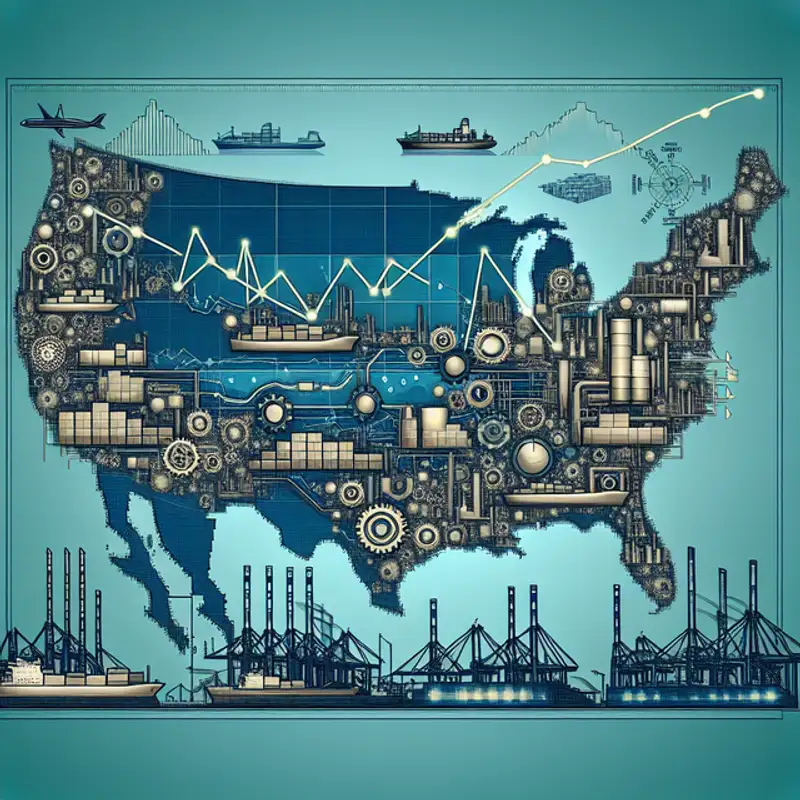 Episode
Episode
· 02:41
In this article from The New York Times, U.S. industries benefiting from protectionist trade policies share their enthusiasm for the impending tariffs on steel and aluminum imports. Local steel producers such as Stephen Capone of Capone Iron Corporation argue that tariffs will shield them from unfair competition by foreign firms flooding the market with cheap products. Meanwhile, aluminum producers like Jesse Gary of Century Aluminum see the tariffs as a means to close loopholes and reinvest in domestic production, even as critics warn that these measures could lead to higher costs for consumers and retaliatory actions from trade partners. The piece highlights the contrasting perspectives within various sectors—from auto companies fearing supply chain disruptions to unions and trade associations demanding more targeted policies—while painting a complex picture of the economic and political landscape surrounding President Trump’s tariffs.
Key points include:
This summary provides a well-rounded glimpse into the diverse reactions to the tariffs, setting the stage for a discussion on how trade policies can both shield and challenge America's industrial landscape.
Link to Article
Listen to jawbreaker.io using one of many popular podcasting apps or directories.